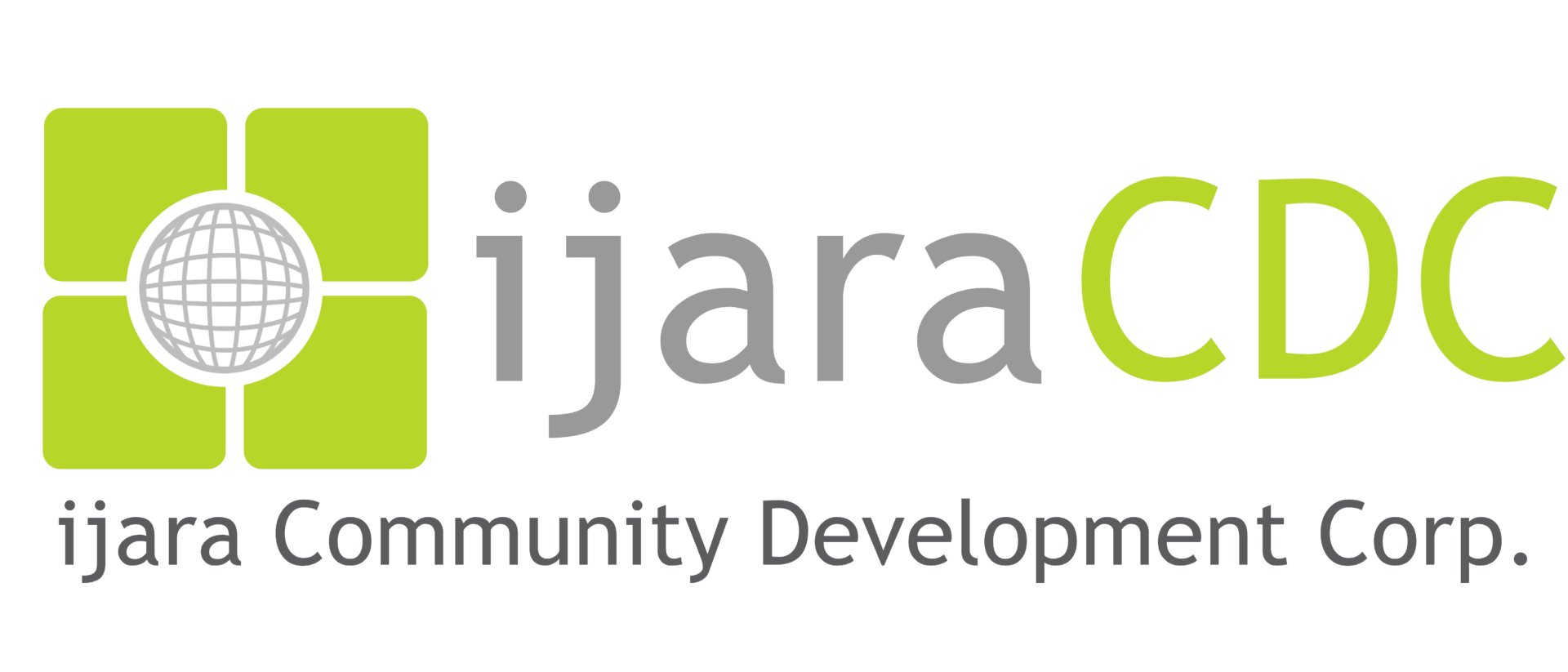Here’s Everything You Need To Know About Riba
Several complicated Arabic terms appear in Islamic financing. One of these words is Riba. But what does the term mean, and how does it affect Islamic financing?
Here are a few things that you should know about how this term applies to mortgages, loans, and other business applications.
What is Riba?
Although it changes depending on different situations, riba is usually defined as interest. Taken literally, the word means either growth or increase.
Riba falls under haram or forbidden under Sharia law, as it leads to unjust and unequal wealth increases, particularly for the lender. Additionally, Islam encourages charitable giving, with interest-free lending being one example.
Riba usually covers two concepts when it comes to sharia compliance. Let’s look at both terms.
Riba Al Nasia
The term translates to “interest in delay.” Extremely shunned by the Islamic culture, this applies when the lender places an additional amount on top of the original borrowed amount. If you think about it, it’s similar to traditional lenders’ business.
Riba al Fadl
This concept discusses an exchange or transaction where the interest is acquired through a commodity of higher value or number. For example, if you get 10 small eggs, you have to give back either 11 small eggs or 10 big eggs.
Riba vs Profit
There’s a difference between riba and profit. For example, a bank cannot charge any interest in Islamic financing. However, they take out an equity stake and rent their portion when it comes to the repayment of something like a mortgage. Here the Islamic bank takes on part of the risk if there is a loss.
Usury
Usury is another term that Islamic financing steers clear from. It’s a situation where an excessive amount of interest is charged. Payday lenders are a good example. Islam makes no distinction between interest and usury. Both are haram or forbidden.
The idea behind Islam is to build up communities that are based on empathy, selfishness, and goodness. Islam aims to promote practices that help lessen the differences between the poor and the rich.
How to Avoid Riba
Here are a few ways to avoid riba and stay sharia compliant.
- When you decide to buy a house, make sure the mortgage payment is riba free. One way to avoid any issues is to look for ijara loans. These involve a trust which is a workaround for interest payments. It involves Islamic financing that is usury free.
- Leasing is an excellent option when you are looking at the equipment you might need for a business. Getting involved here means having a contract called the bank lease rental. The bank keeps the ownership of the equipment over the agreed term. At the end of that timeframe, it sells the equipment for a small price.
Explore Financing Alternatives
Ijara Community Development Corp. understands how people want to realize the American and Canadian dreams while adhering to their religious faith. We know there are many different items for you to think about when deciding on a transaction as big as a home.
That’s why we supply different financing alternatives that can help. We are proud to supply sharia-compliant financing options that are riba free. Our relationship with license providers means clients get financial solutions in Canada and the United States.
Stay Riba-free with IjaraCDC
Buying a home for your family using our riba-free financing alternatives has many bonuses. We deal with credible, reliable investors who offer competitive rates and fees along with transparent transactions. Contact us today to learn more about your Islamic financing options.

